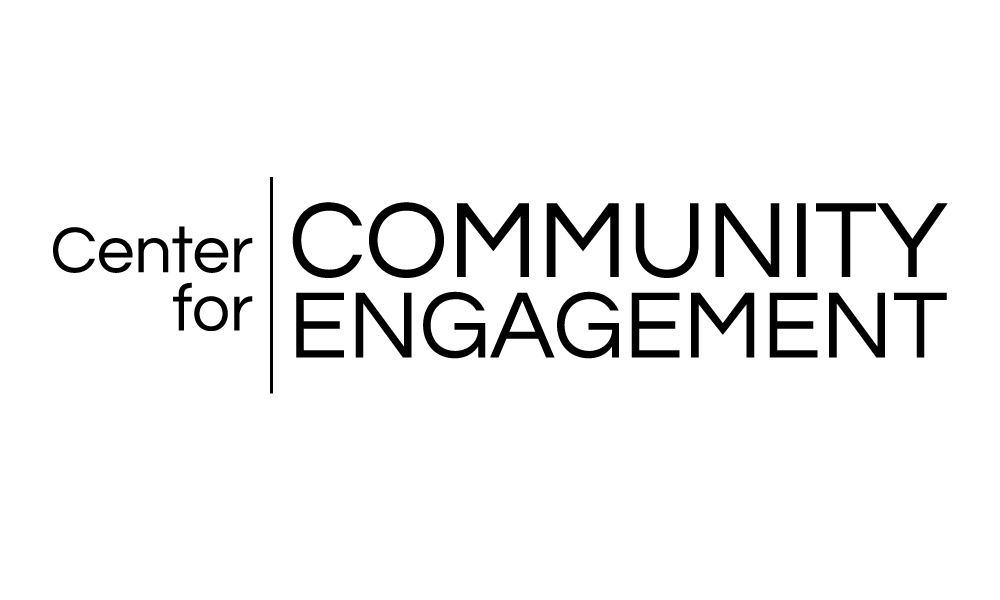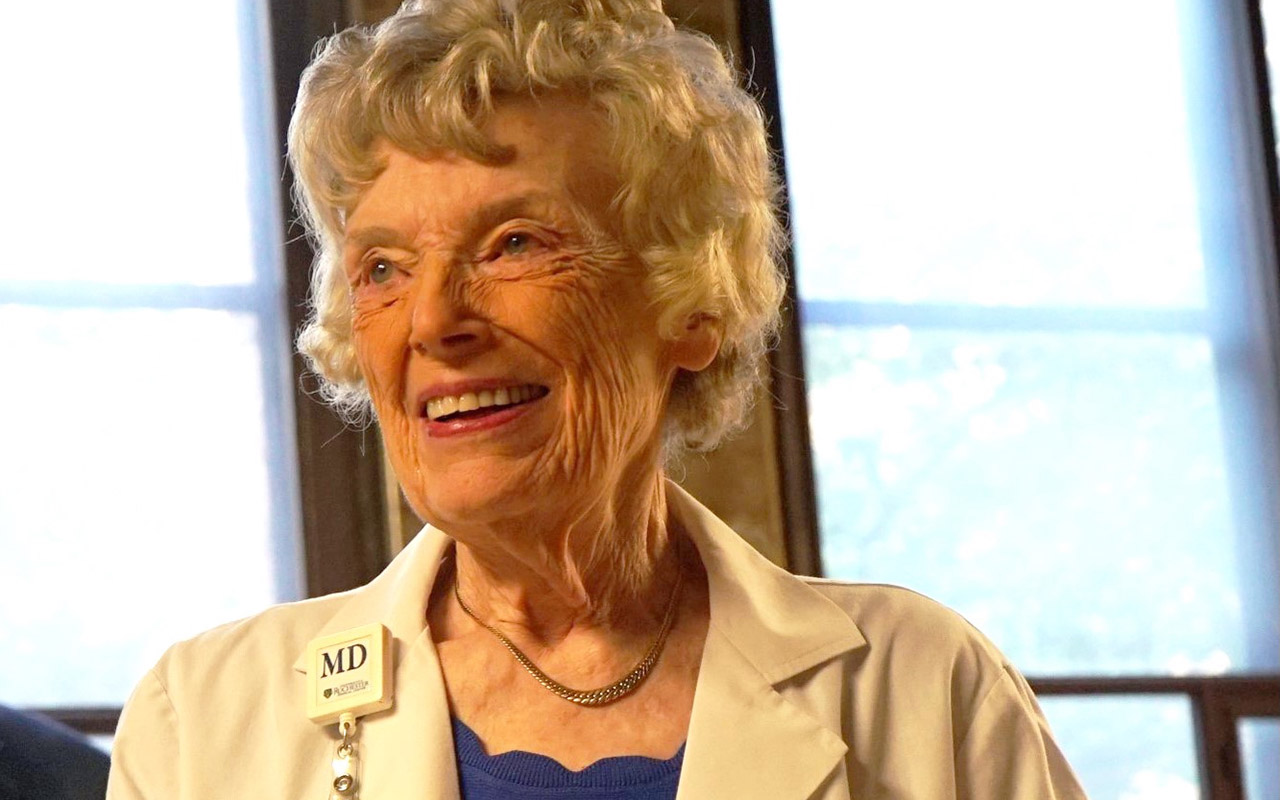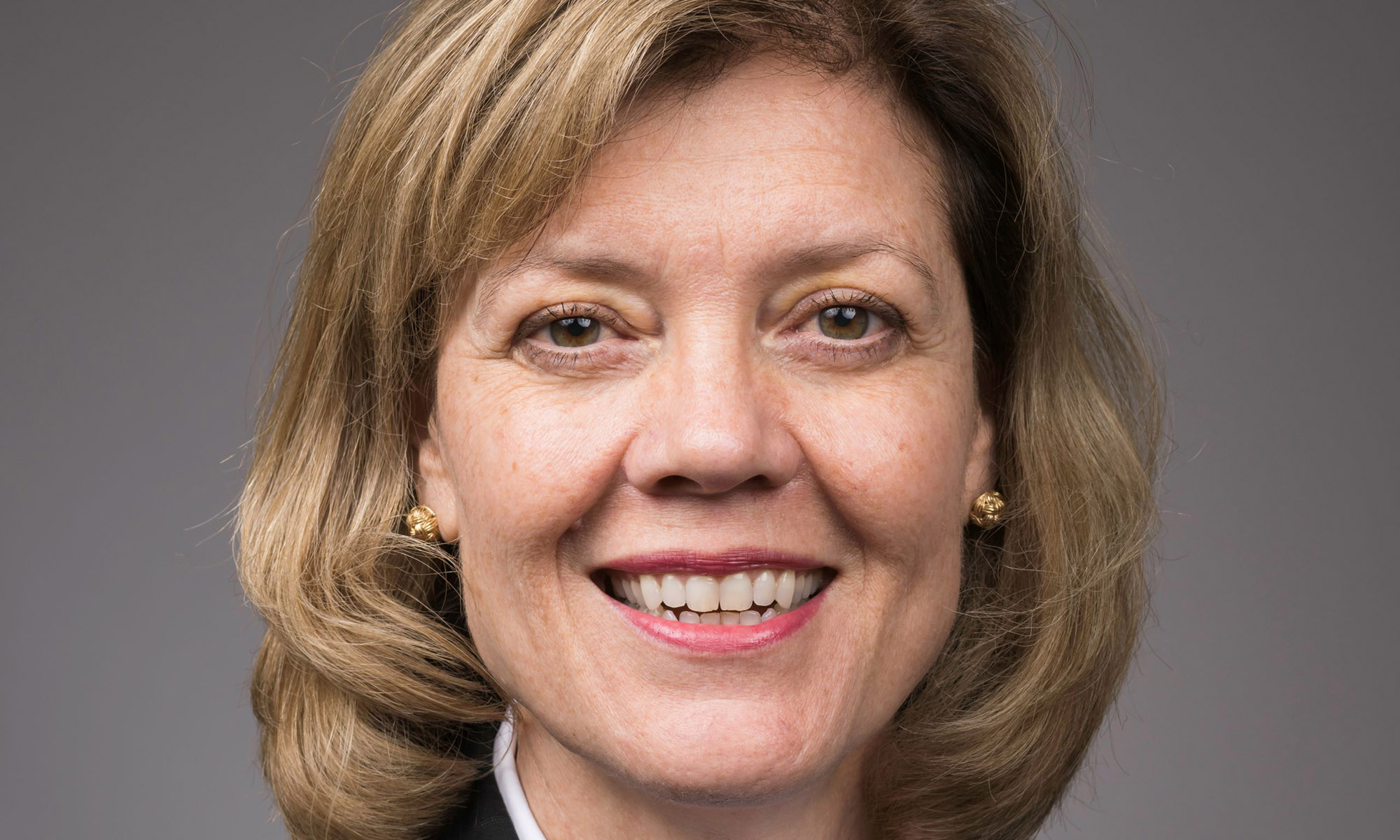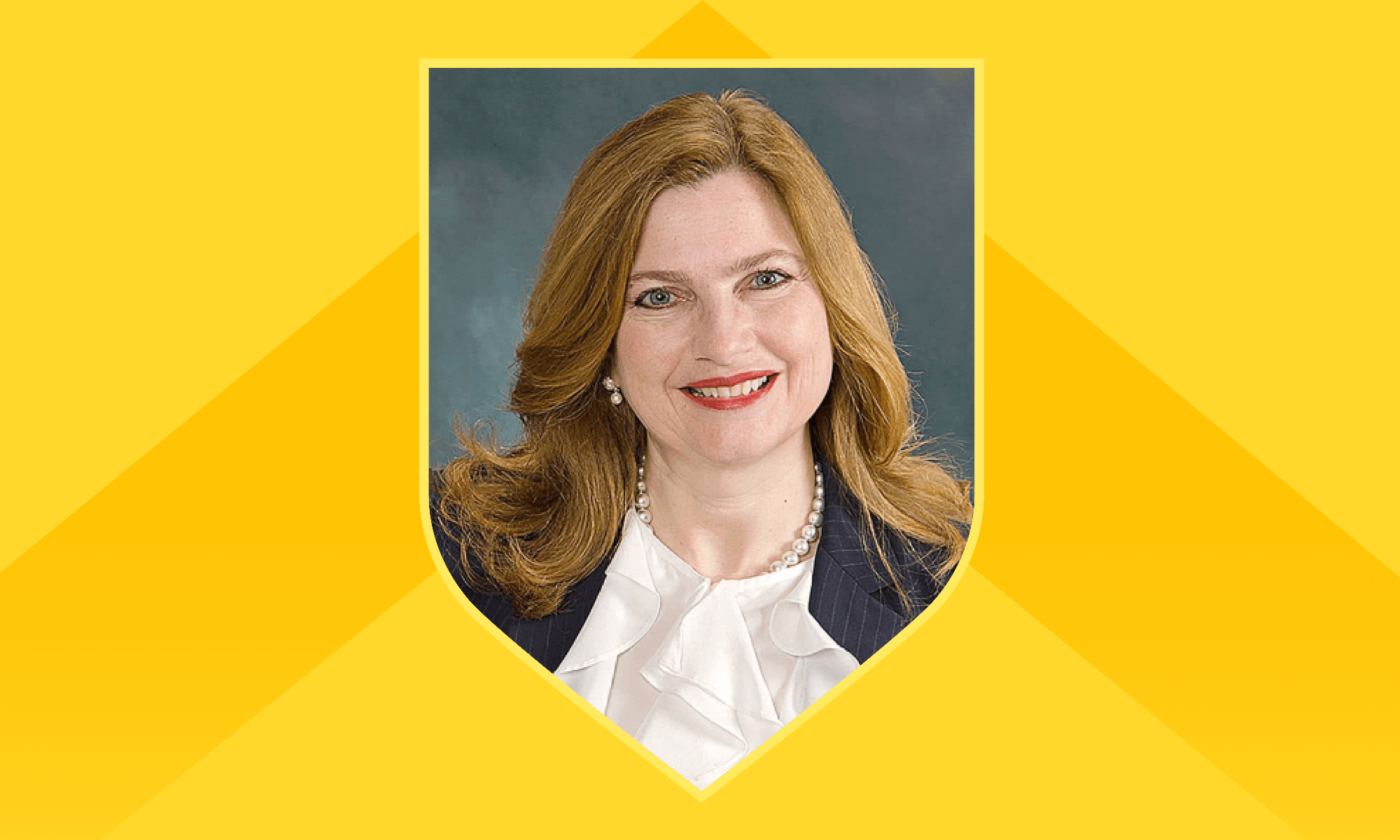The move reflects the center’s focus on connections with community partners.
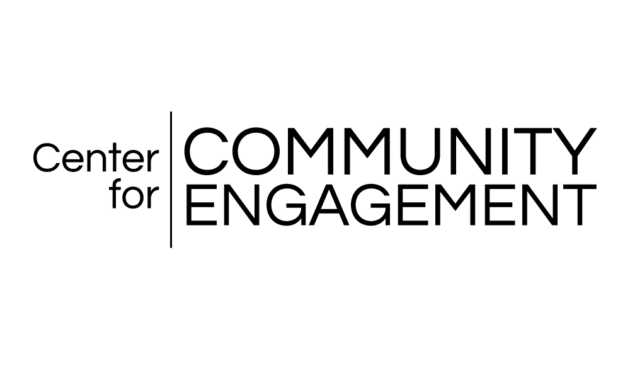 The Rochester Center for Community Leadership at the University of Rochester is changing its name to the Center for Community Engagement, effective November 16. The new name more accurately describes the focus of the center, which is housed in the College’s Office of the Dean of Students in Lattimore Hall.
The Rochester Center for Community Leadership at the University of Rochester is changing its name to the Center for Community Engagement, effective November 16. The new name more accurately describes the focus of the center, which is housed in the College’s Office of the Dean of Students in Lattimore Hall.
The center, which is celebrating its 15th anniversary this year, connects community partners with students, faculty, and other members of the University community to work together on initiatives that address social challenges in the city and region.
“The new name reflects the center’s evolution over the past 15 years from a grand vision to a complex operation with a wide array of initiatives,” says center director and assistant dean Glenn Cerosaletti ’91, ’03 (MA). “So many have contributed to that growth, from the center’s founder, (former dean of students) Jody Asbury, to current and former staff, students, alumni, donors, faculty, and community partners.”
Since 2013, the center has been instrumental in the development of the College’s community-engaged learning initiative and administers the certificate of achievement in community-engaged learning. In addition, the center manages a portfolio of programs that create a pipeline of community-engagement opportunities that spans from when undergraduate students first arrive at the University until after they graduate. These programs include Wilson Days of Engagement, Rochester Youth Year, Urban Fellows, and the Learning and Exploring at Play (LEAP) program that connects students from the College with elementary school students in the Rochester City School District.
In 2018–19, Cerosaletti cochaired the work group that compiled the University’s successful application for the Carnegie Foundation’s elective classification in community engagement. The application was a self-study that inventoried community engagement efforts across the University with reference to best practices in the field of community engagement in post-secondary education.


